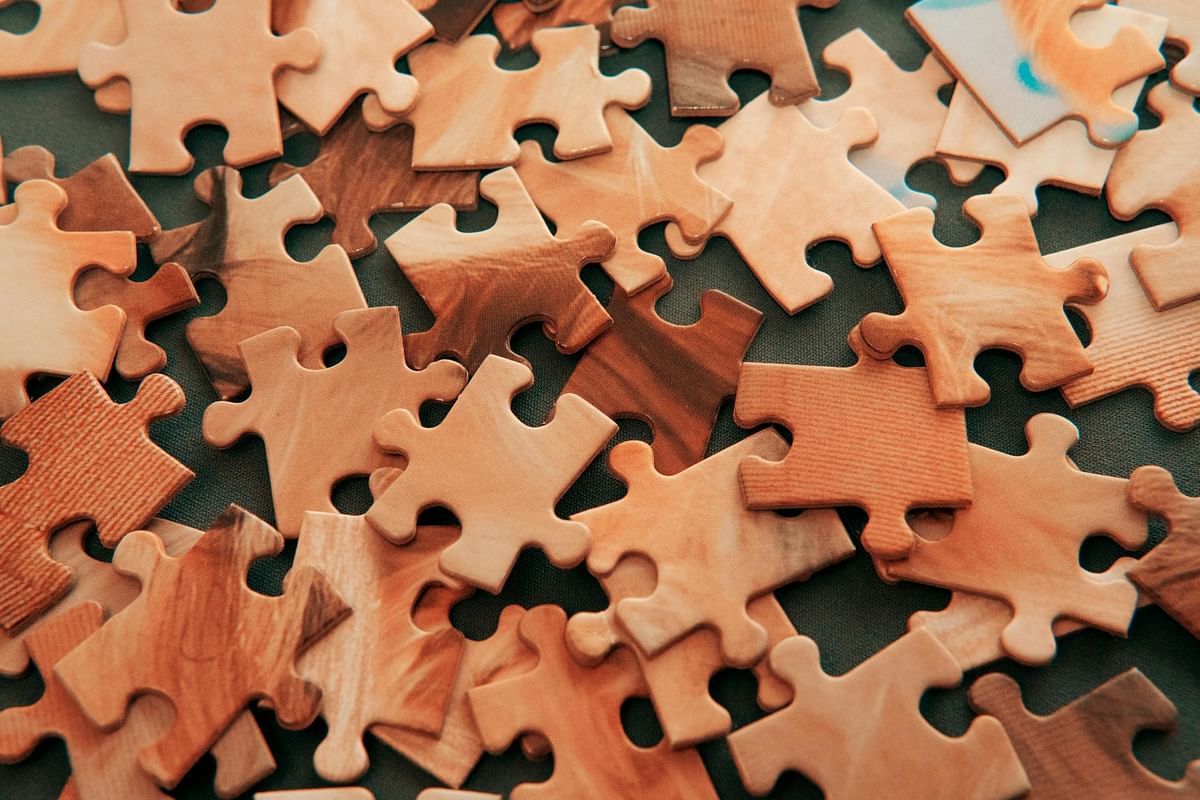The Psychology Behind Crosswords: Why We Love Puzzles

The Mental Appeal of Crosswords: Why They Keep Us Hooked
Ever since the first crossword puzzle was released in 1913, the word game has captured minds like no other for over a century thanks to a unique blend of engagement and challenge. So much so, that it has become a regular feature in newspaper columns, magazines, and digital platforms. Not only that, even the modern crossword continues to evolve which has attracted a new generation of solvers. That is thanks to the puzzle’s mental appeal which tends to keep players hooked, and here’s how:
-
Cognitive stimulation: Crossword puzzles engage multiple brain regions which doesn’t just promote mental flexibility and build new pathways within the brain which help improve that.
-
Vocabulary expansion: Solvers who regularly play the crossword eventually get exposed to new words and phrases because of the repetitive nature of crosswords.
-
Sense of accomplishment: Like any challenge, sport, or game, completing a crossword on a daily basis, especially the tougher puzzles, provides a satisfying dopamine rush and increases the desire to play the game.
-
Stress relief: Focusing on puzzles offers players a mental break from the daily rigors of life.
-
Cognitive benefits: Research and studies show that playing the crossword on a daily basis helps not just improve cognition but also helps slow memory rot.
Cognitive Benefits: How Crosswords Sharpen the Mind
There’s no denying the mental benefits that crossword puzzles offer solvers especially those players that tackle them on a daily basis. That’s because crosswords force the solver to utilize multiple regions of their brain and build different pathways to help make the brain faster and more flexible. This in turn leads to a much sharper mind alongside various other mental benefits including better problem-solving skills, better linguistic and vocabulary skills, and more.
These pathways also eventually help delay memory loss and improve cognitive processes in those with said issues. That combined with the complex level of thinking required in crosswords helps maintain cognitive function by improving various mental acuities. Furthermore, challenging the brain to figure out word associations on a daily basis, helps improve neuroplasticity which contributes to a healthy aging process for the brain.
Problem-Solving and Puzzle Satisfaction: The Reward System
Problem solving and puzzle satisfaction go hand-in-hand especially as they are deeply rooted within a solver’s brain reward system thanks to the surge of dopamine that is released each time a puzzle is solved. That’s because solving a puzzle, based on research, activates the dopamine receptor within a solver’s body which is associated with motivation and other factors.
This release of dopamine automatically creates an improved sense of pleasure and it often arrives during a sudden insight while problem-solving and is accompanied by a unique neural pattern. It serves as a reward mechanism within all human beings and for those that solve crosswords or other puzzles on a daily basis, the dopamine release only increases. That in turn reinforces the behaviour of solving puzzles in order to keep releasing dopamine which leads to a cycle and encourages repetitive plays.
How Crosswords Boost Memory and Delay Cognitive Decline
Studies have even shown that in players with mild cognitive impairments, solving crosswords on a daily basis did improve cognition and reduced their brain shrinkage as compared to those playing other brain games. That’s because crosswords force a player to use multiple regions of their brain which helps build pathways that eventually lead to improved brain health. Not only that, this also boosts memory retention with the crossword’s repetitive nature playing a big role in that.
This was also applied to dementia patients as crossword solvers showed improved brain activity and it also delayed the onset of memory loss. So much so, that research has shown that regularly playing crosswords could potentially delay the accelerated memory decline in dementia by up to 2 years. But it’s not a definitive solution as while the findings have encouraged doctors, it’s not the definitive answer.
The Role of Pattern Recognition and Word Retrieval
When it comes to crosswords, two things play a key role in helping a solver improve on a daily basis which is pattern recognition and word retrieval. Some players are lucky and are born with the ability while others improve by practicing regularly, even on a daily basis to keep their brains occupied. That’s because pattern recognition involves identifying themes, the way a clue is structured, and even word formations which help enhance problem-solving skills.
Not only that, it leads to increased cognitive flexibility, which also helps with improved memory, although word retrieval plays a bigger role there. That taps into the brain’s semantic memory, which is where it stores all factual knowledge that the player knows. This process alone activates several parts of the brain, strengthening neural connections and semantic memory and even improving vocabulary with time and practice.
Emotional and Social Benefits of Puzzle Solving
When it was first launched, crosswords weren’t meant as a social activity but thanks to modern technology and social media, that has changed. It has transformed solving a crossword into a social activity by promoting teamwork, enhancing communication skills, and more. Not only that, group puzzle solving has its fair share of benefits as well as improves verbal skills, the ability to express ideas properly, and active listening as well.
That also provides stress relief for many and significant emotional benefits, as it offers players a chance to relax by providing a temporary escape from their daily lives. Furthermore, a focused concentration on the puzzle often leads to a meditative effect, or flow state, which helps promote a sense of calm.